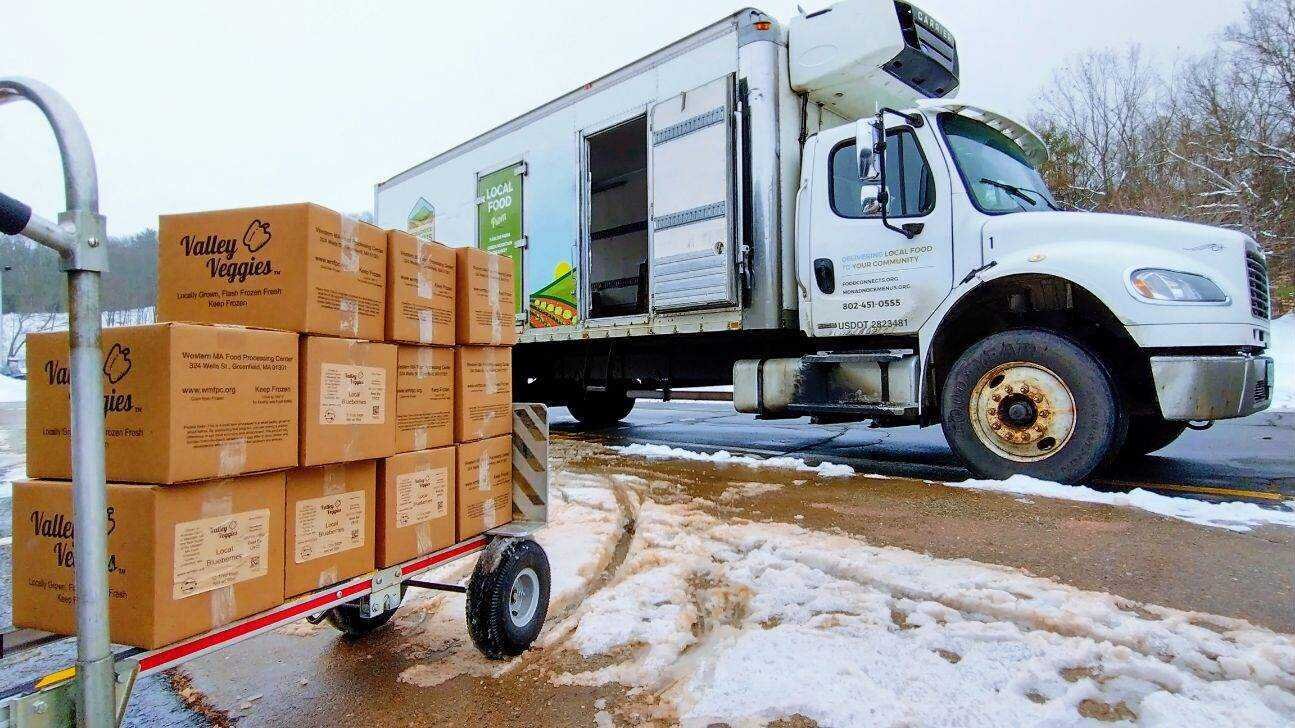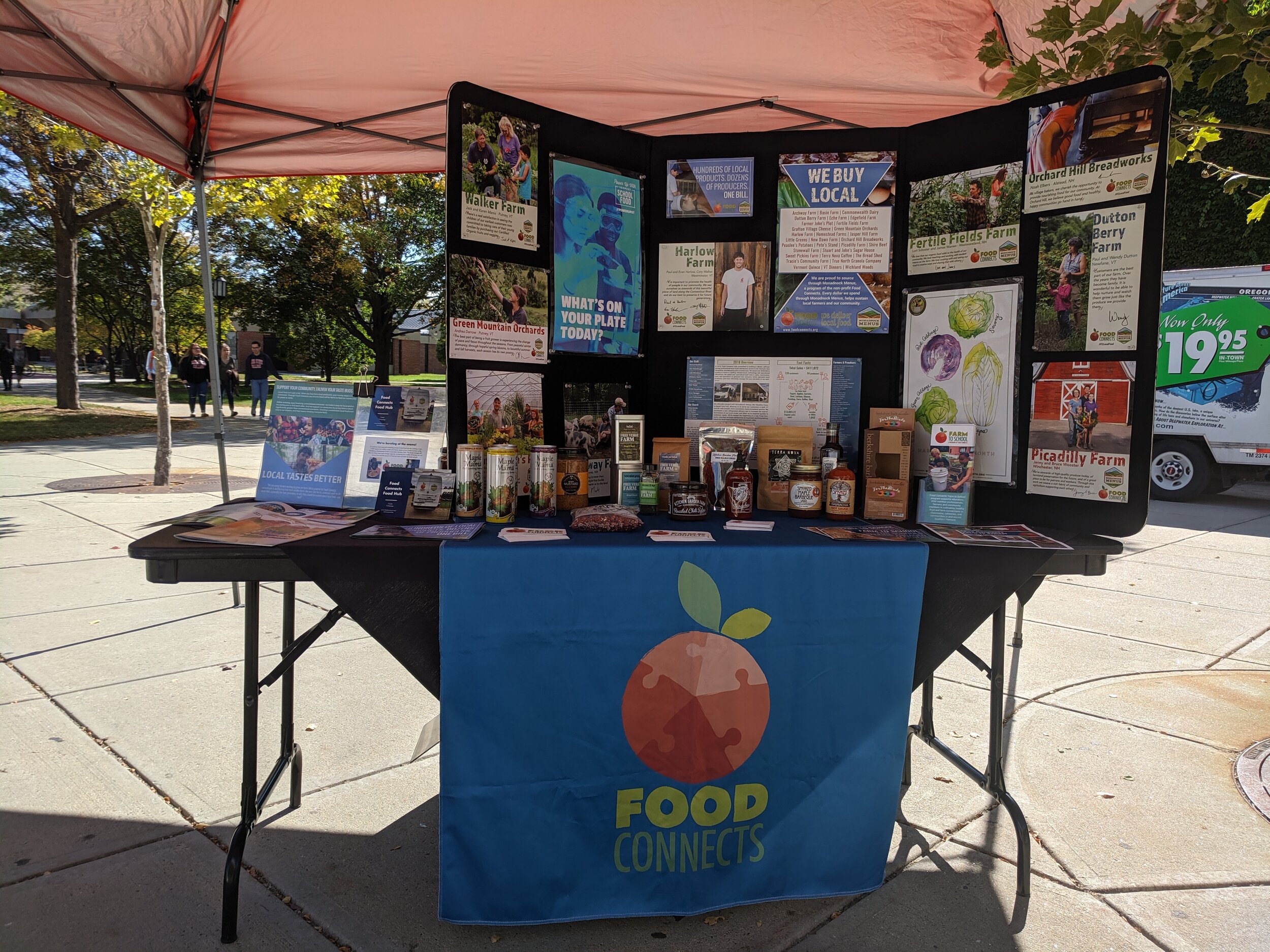Hosted by the Monadnock Farm and Community Coalition (MFCC), Monadnock International Film Festival, &
The Monadnock Food Co-op
MFCC will partner with Monadnock International Film Festival and the Monadnock Food Coop, offering a virtual film festival as part of the region's Earth Day Celebrations.
The Monadnock Earth Day Film Festival will take place from April 20 - April 22, 2022. This free online event will feature films and host panel discussions to celebrate and cultivate a more resilient world.
"We are excited to offer 3, short documentaries that shed light on current ag-related initiatives addressing climate change, regional food resiliency, and food access. A panel discussion will accompany each film. Panelists will unpack for audience members how they work to build a sustainable, resilient, and fair food system.” said Roe-Ann Tasoulas from Monadnock Farm and Community Coalition.
FILMS:
FARM FREE OR DIE - 2022
Climate Change | English | 30 min
Extreme weather events are hitting America’s farmers hard and more frequently than ever before. "Farm Free or Die" shows how transformative agricultural policies can improve farming livelihoods while addressing the climate crisis. The stories of farmers on the front lines of severe environmental and economic adversity will catalyze support for policies that stabilize rural communities, strengthen food security, and incentivize soil health and carbon removal.
Roger Sorkin, American Resiliency Project, Writer and Director of Farm Free or Die, will be available for audience questions following the screening.
FARMER CEE - 2020
Social Justice | Food/Farming | BIPOC | English | 12 min
Clarenda "Cee" Stanley is currently the CEO/President of Green Heffa Farms. From an agrarian family in Alabama's Black Belt, Cee did not see herself as a farmer. But in 2018, she co-founded Green Heffa Farms and was selected to be the 2019 Featured Farmer for Hemp History Week. However, in 2019, Cee also found herself being solely responsible for Green Heffa Farms, and from there, she began to reimagine the legacy she wanted to leave for her children and grandchildren.
Panel discussion will follow screening.
HOPE ON THE HUDSON: GROWING WITH THE GRAIN - 2019
Food/Farming | Climate Change | English | 15 min
Upstate New York used to be a breadbasket of grain growing. Westward expansion yielded more ideal climates for growing and production shifted to the Midwest. Scientists, farmers, bakers, and brewers take part in a grain trial test that hopes to produce a new generation of grain suited for the northeast, bringing sustainable and more localized grain production back to the region.
Panel discussion participants: Sarah Cox, Tuckaway Farm; Sam Temple, Fire Dog Bread; Christian and Andrea Stanley, Valley Malt/Ground Up. Cox and the Stanleys are members of the Northeast Grainshed Alliance.
"MONIFF is thrilled to partner with the Monadnock Food Co-op and Monadnock Farm and Community Coalition to celebrate Earth Day by bringing the community together through diverse films and thoughtful discussions," said Dee Fitzgerald from Monadnock International Film Festival.
This event is free; however, registration is required. Register at:
monadnock2022earthdayfestival.eventive.org/welcome.
SPONSORS:
Main Event Sponsors: C&S Wholesale Grocers, Prime Roast Coffee Company, Tasoulas Realty
Farm to Community Supporters: W.S. Badger, Frisky Cow Gelato, Savings Bank of Walpole, True North Networks
Film Festival Partners: The Monadnock Food Co-op, Monadnock International Film Festival
Local Food Fighters: Yankee Farm Credit, Stonewall Farm, The Hungry Diner, Archway Farm, and the Monadnock Conservancy.
Other organizations interested in sponsoring this event can contact coordinator@mfcccoalition.org.














